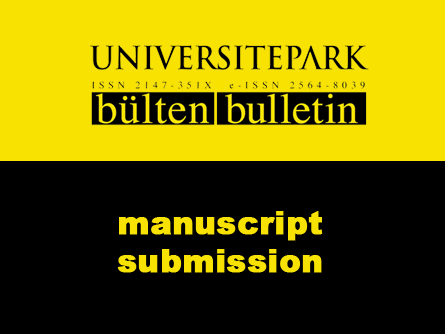A Review of Fiscal Decentralization Practices in Ethiopia
pp. 7-13 | Published Online: January 2018 | DOI: 10.22521/unibulletin.2018.71.1
Girma Defere
![]() Full text PDF |
4515 |
2970
Full text PDF |
4515 |
2970
Abstract
Ethiopia attempted to introduce federalism in general, and fiscal decentralization in particular back as far as the transition period (1991-994). Later, a clearer federal system was established with the adoption of the 1995 Constitution of the Federal Democratic Republic of Ethiopia. The constitution shared political power between federal and regional governments. Accordingly, the federated units exercised this constitutional right. The main objective of this study was to assess the practices and problems of fiscal decentralization in Ethiopia. The study employed a review of relevant empirical studies, discussion with experts and the researcher’s own observation. In Ethiopia, the practices of fiscal decentralization show that there is high vertical fiscal imbalance and regional disparities, problem of effectiveness and efficiency in resource utilization, problems of administrative malpractice and tight political influence mainly at local levels, and problems of spillover effect. The current study suggests that: civil service institutions should be divorced from party politics to allow a build-up of professional, committed and honest civil servants to serve the interest of the general public; assigning appropriate revenue sources for regional units so that subnational units could provide adequate public service to the local people; promoting transparency, and encouraging wider participation of the general public and civil society institutions so that they can play constructive roles.
Keywords: fiscal federalism, fiscal decentralization practices
References
Befekadu, D. (1994). The Legal Framework for Fiscal Decentralization. Ethiopian Journal of Economics, 3(2), 61-83.
Boex, J. (2001). An introductory overview of intergovernmental fiscal relations. Atlanta: Andrew Young School of Policy Studies, Georgia State University.
Endawke, T. (2009). Fiscal Federalism Teaching Material. Ethiopia. Retrieved from https://www.lawethiopia.com/images/teaching_materials/fiscal-federalism.pdf
Endrias, E. (2003, May). Ethnic Federalism: New Frontiers in Ethiopian Politics. Paper presented at the 1st National Conference on Federalism, Conflict and Peace Building, May 5-7, 2003. Addis Ababa. Ethiopia
Ewetan, O. (2012). Fiscal Federalism in Nigeria: Theory and Practice. International Journal of Development and Sustainability, 1(3), 1075-1087.
Federal Democratic Republic of Ethiopia. (1995). Constitution of the Federal Democratic Republic of Ethiopia Proc. No. 1/1995, Federal Negarit Gazeta, 1st year, No. 1, Addis Ababa.
Gebrehiwet, T. (2002). Fiscal Decentralization in Ethiopia: The case of Government of National State of Tigrai (Unpublished Master’s thesis). Regional and Local Development Studies, Addis Ababa University, Ethiopia.
Melkamu, B. (2004). Fiscal Decentralization in Benishangul Gumuz Region. A Review of Problems of Fiscal Imbalance (Unpublished Master’s thesis). Regional and Local Development Studies, Addis Ababa University, Ethiopia.
Ministry of Finance & Economic Development. (2009). Flayers’ Guide to the Public Budget Process at Regional Level. Ethiopia.
Moges, A. G. (2005, June). Fiscal Federalism and Its Discontents: Theory and Policy. Paper presented at the 3rd EAF-EARO|CADPR-WMU International Symposium on Ethiopian Development Studies, June 17-18, 2005. Addis Ababa. Ethiopia.
Oromia Regional State Government Research Institute. (2013). Oromia Regional State Government Research Institute Bureau Report.
Tanzi, V. (1996). Fiscal federalism and decentralization: A review of some efficiency and macroeconomic aspects. In M. Bruno, & B. Pleskovic (Eds.), Annual World Bank Conference on Development Economics (pp. 295-316). The World Bank.
Wellisch, D. (2000). Theory of Public Finance in a Federal State. Technical University of Dresden. Cambridge. UK: Cambridge University Press.
UNIBULLETIN News!
► New issue coming soon! (Volume 13 Issue 1, 2024)
► Call for Papers
UNIBULLETIN is calling for submissions. Authors are invited to submit papers from the all fields of the Education (General) and Social Sciences (General) in the international context. All submissions should be presented only in English.
